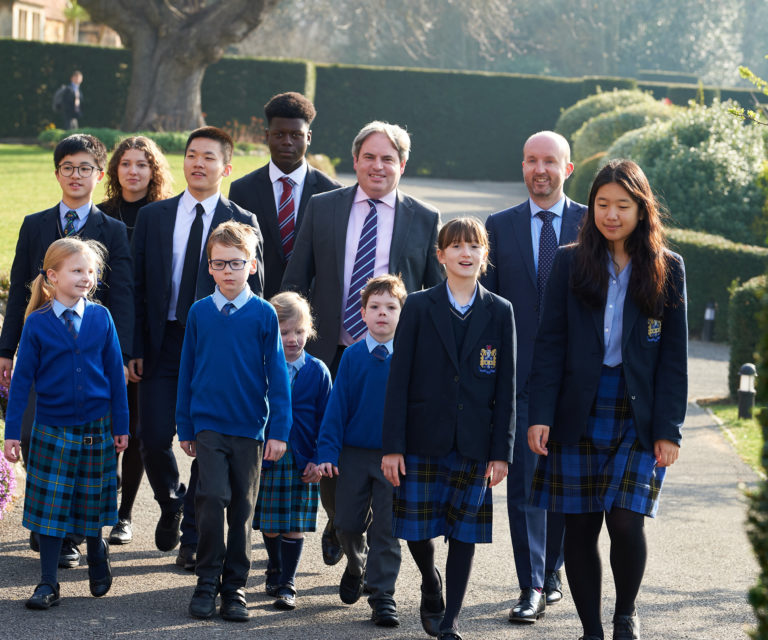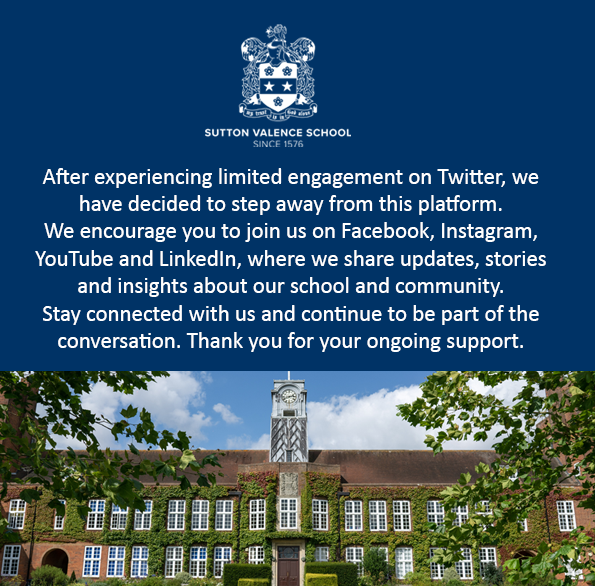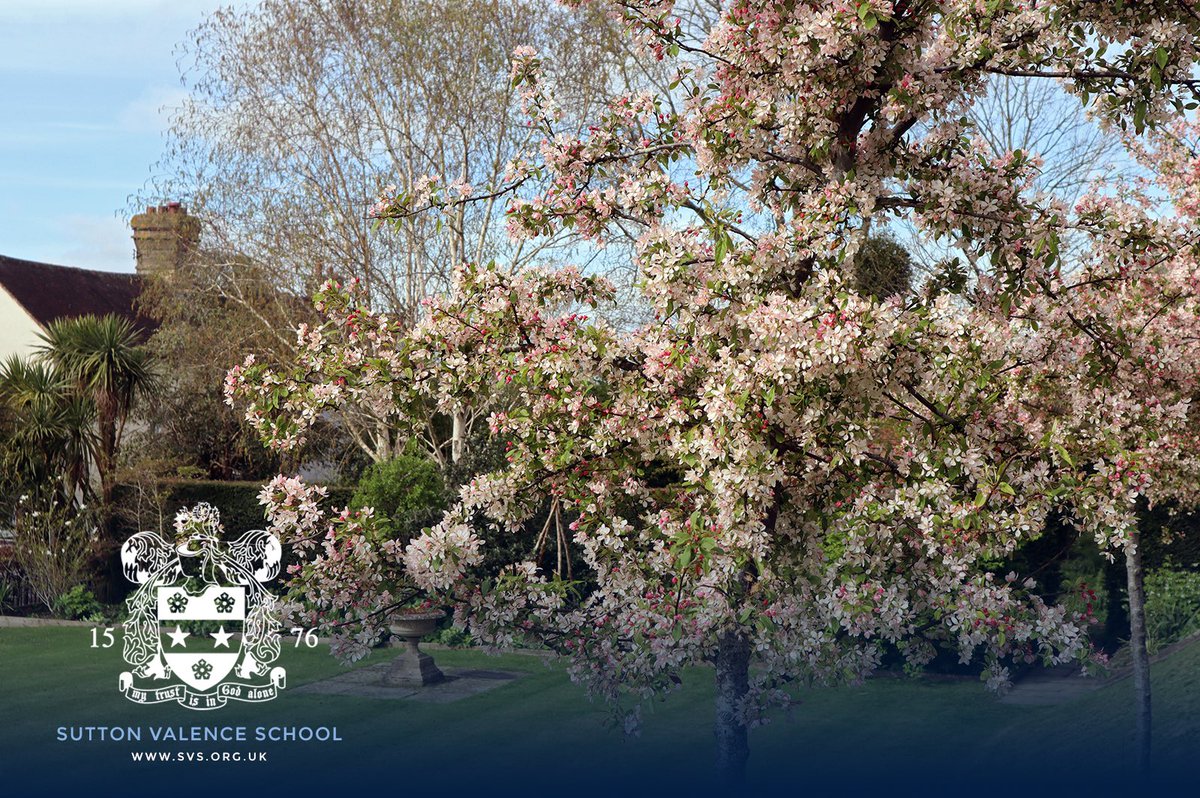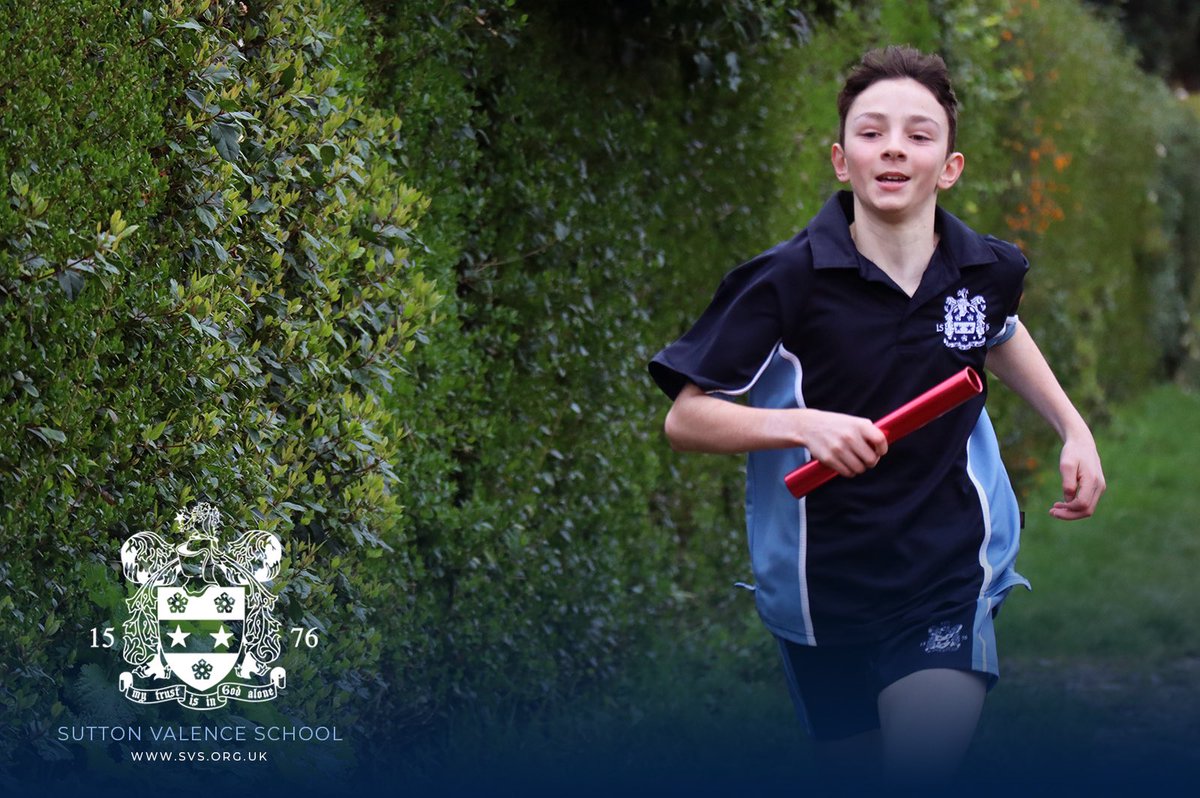It is with great sadness, but equally great pride, that the School remembers those from within the SVS community who fought and died in the First World War, as well as all other subsequent conflicts.
The declaration of the First World War was not met with dismay, rather with a steely determination to contribute to the effort, and for some, it was an opportunity, eagerly seized, to seek glory and adventure. Old Suttonians flocked back to England from all corners of the Empire. From as far afield as the Yukon, Alaska, the shores of Burma and Australia, they returned as swiftly as possible. The army soaked up as many as volunteered; what better potential leaders of men than the confident youth from public schools, steeped in the traditions of team activities, well-educated and ready to follow in the footsteps of their comrades who had fought so effectively in the Boer War. Indeed, at Sutton Valence School there was a fine stained-glass window in the then-Refectory (now the School Library) dedicated to the memory of those who had fought and died in that conflict and stories of their heroism were well known to the new generation of scholars.
There was something close to 425 Old Suttonians of ‘fighting age’ (younger than 40 in 1914 and older than 16 in 1918) who had left the School in the decades before the onset of the conflict. Of this number, as far as we can tell, 335 fought in some capacity. Of those, 54 were killed and several severely wounded and awarded the ‘Silver War Badge’. Amongst that bravery and sacrifice, there are many stories and anecdotes relating to the OS involvement in the War, many of which we have published previously in magazines and correspondence. For the benefit of this article, I have focused upon two Old Suttonian heroes who both survived the conflict, but not without their own tales of bravery and determination.
Arthur de Courcy MacGillicuddy Denny (1915 M), the son of a vicar and with Irish protestant roots, had been promoted to be the sergeant of ‘B’ Company in the SVS Officers’ Training Corps. He felt such a strong urge to avenge his elder brother, killed in early 1915, that he ran away from School to join up – twice! On the first occasion, he was intercepted by the Headmaster at Headcorn train station, who was alert to the possibility that absconding would occur. Mercifully, sympathy for Arthur overcame the standard response to punish such wild behaviour. Unfortunately, taking the opportunity that such consideration offered, he ran off again within a couple of days. No hurried chase this time. The Headmaster phoned up the police in Maidstone, who caught Arthur on the platform of a station there. They put him in the cells overnight and he was transferred back to School the following day. Relieved of his stripes, and with a hot rear-end he was persuaded to buckle down to his studies. He left later that year, went up to Woolwich and joined the Royal Engineers. He went off to war, which he survived. His brother avenged, he flew with the air force in Iraq, was a strolling player in Canada and an instructor in the Air Force there in World War II.
Roy Bridgeman-Evans (1926 W) served in the Second World War as a commando and was on a mission to get behind enemy lines. Unfortunately, his plane was shot down. Some of his party perished but he was able to parachute to safety. Nevertheless, he was not safe for long as he was captured by German forces and incarcerated in a German prison. Undeterred, in 1942 he escaped and travelled the length of France, in many disguises. He must have been most anxious the time he briefly shared a compartment in a train with German officers! He crossed the Pyrenees and was guided to Madrid. Getting past the police to gain access to the British Embassy proved nearly impossible, but he made it. After a most eventful war, he spent the rest of his life as a shopkeeper, in the Haymarket, London.
In addition to the two World Wars, OS have fought in Korea, Aden, the Falklands, Iraq and Afghanistan. They have put themselves in danger so that we are safe to continue our lives with less fear. At this time of year, coincidental with the end of the First World War, it is right that we honour them all.
David Pickard, Honorary Archivist of the SVS Foundation





